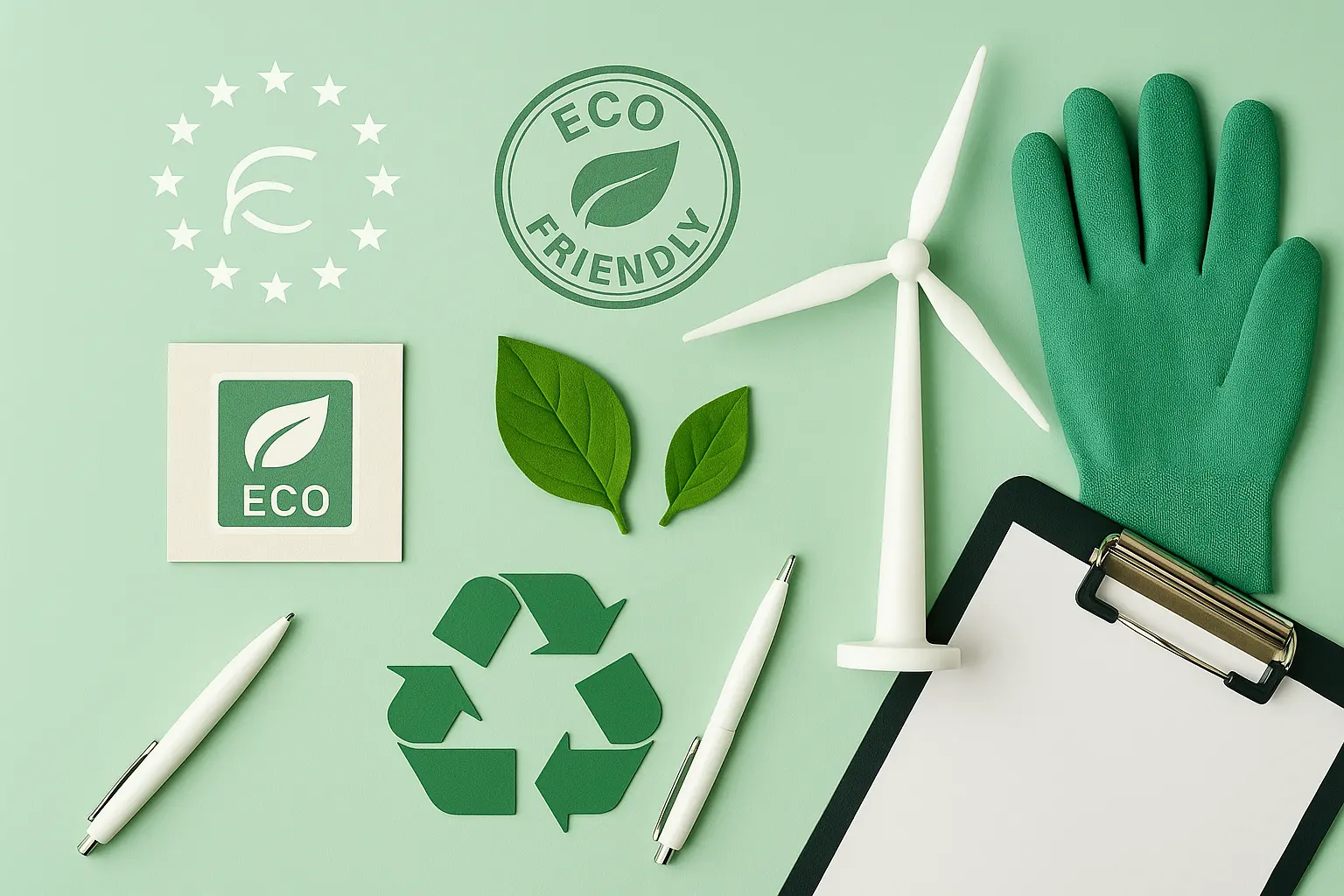Clean Energy Certification
As global energy consumption continues to rise and environmental concerns grow, certification programs aimed at promoting clean energy have become increasingly important. Clean Energy Certification is a process that ensures products meet stringent standards for their contribution to sustainable energy production and use. This certification not only enhances the reputation of companies but also helps in meeting regulatory requirements set by various countries and international bodies.
The Clean Energy Council, an independent body in Australia, provides a framework for renewable energy certification, which includes the Clean Energy Certification scheme. The goal is to support the transition towards cleaner forms of energy. This certification can be applied to various products ranging from solar panels, wind turbines, and batteries to home appliances designed with high efficiency and low emissions.
The testing process involves several stages where samples are subjected to rigorous evaluation using international standards such as ISO 14064-2 for greenhouse gas verification and EN 50327 for smart grid communication. These tests ensure that the products not only perform well under normal operating conditions but also contribute significantly towards reducing carbon footprints.
One of the key aspects of Clean Energy Certification is the use of lifecycle assessment (LCA) methodologies to evaluate the environmental impacts throughout a product’s life cycle, from raw material extraction through manufacturing, distribution, usage, and finally disposal or recycling. This holistic approach ensures that certified products are genuinely sustainable options for consumers.
For quality managers and compliance officers looking into implementing Clean Energy Certification within their organizations, it is crucial to understand the broader implications of this certification on supply chain management and customer trust. By obtaining such certifications, companies can differentiate themselves in competitive markets while also contributing positively towards environmental goals set forth by governments worldwide.
The demand for clean energy solutions has driven innovation across industries, leading to advancements in technology that make these products more efficient and cost-effective over time. As we move further into the 21st century, the importance of Clean Energy Certification will only increase as society seeks viable alternatives to fossil fuels that do not compromise future generations' ability to meet their own needs.
Applied Standards
Clean Energy Certification often involves compliance with multiple international standards designed to ensure products are both environmentally friendly and technically sound. Some of the key standards include:
- ISO 14064-2: This standard provides a framework for greenhouse gas (GHG) verification, which is essential in validating the carbon footprint reduction claims made by companies.
- EN 50327: Developed specifically for smart grid communication, this standard ensures interoperability between different components of modern electrical networks, enhancing efficiency and reliability.
Besides these technical specifications, there are also regulatory frameworks like the Renewable Energy Directive in Europe that mandate certain levels of renewable energy usage across member states. Compliance with such directives can significantly influence a company’s ability to secure Clean Energy Certification.
It is important for organizations aiming to achieve this certification to familiarize themselves with all relevant standards and guidelines provided by bodies such as the International Electrotechnical Commission (IEC), European Committee for Standardization (CEN), and others. Understanding these requirements will help streamline the application process and increase chances of successful certification.
Why Choose This Test
The decision to undergo Clean Energy Certification can have far-reaching benefits beyond mere compliance with regulations. Here are some compelling reasons why choosing this test is advantageous:
Enhanced Reputation: Companies that obtain Clean Energy Certification signal their commitment to sustainability, thereby enhancing their reputation among consumers who increasingly prioritize environmental responsibility.
Innovation Drive: The certification process encourages continuous improvement in product design and manufacturing processes. This leads not only to better performing products but also innovations that can further reduce costs associated with energy consumption.
Market Differentiation: In an increasingly competitive market, having a recognized Clean Energy Certification provides a clear point of differentiation from competitors who may not have achieved similar levels of certification.
Regulatory Compliance: Many countries offer financial incentives or favorable policies for businesses that meet specific environmental criteria. Achieving Clean Energy Certification can unlock access to these benefits and potentially reduce operational costs.
Social Responsibility: By demonstrating a commitment to reducing carbon emissions, companies contribute positively towards addressing global climate change issues. This social responsibility aspect is becoming more valued by stakeholders including employees, investors, and communities around the world.
Customer Trust: Consumers today expect brands they support to be responsible stewards of natural resources. A Clean Energy Certification can build trust with these customers, fostering long-term relationships built on mutual respect for shared values.
Customer Impact and Satisfaction
The impact of Clean Energy Certification extends far beyond the company receiving it; it affects various stakeholders including employees, customers, investors, and even local communities. Here’s how:
Employee Engagement: Employees are more likely to feel motivated when working for a company that actively participates in initiatives aimed at protecting the environment. This can lead to higher job satisfaction and lower turnover rates.
Customer Loyalty: Customers who purchase products from companies certified as clean energy suppliers tend to be more loyal, spreading positive word-of-mouth about the brand. This loyalty translates into repeat business opportunities for the company.
Investor Attraction: Investors looking at potential returns often look at how well a company adheres to environmental practices when making investment decisions. Clean Energy Certification can attract investors who are willing to support companies committed to sustainability.
Community Relations: Local communities benefit from cleaner air and reduced pollution levels resulting from certified products being used widely within the region. This improved quality of life enhances community relations, which is beneficial for any business operating locally.
Supply Chain Benefits: When suppliers themselves are certified as providing clean energy solutions, it sets a positive example that can encourage other parts of the supply chain to follow suit. This creates a ripple effect where entire industries adopt sustainable practices leading to greater overall environmental benefits.





